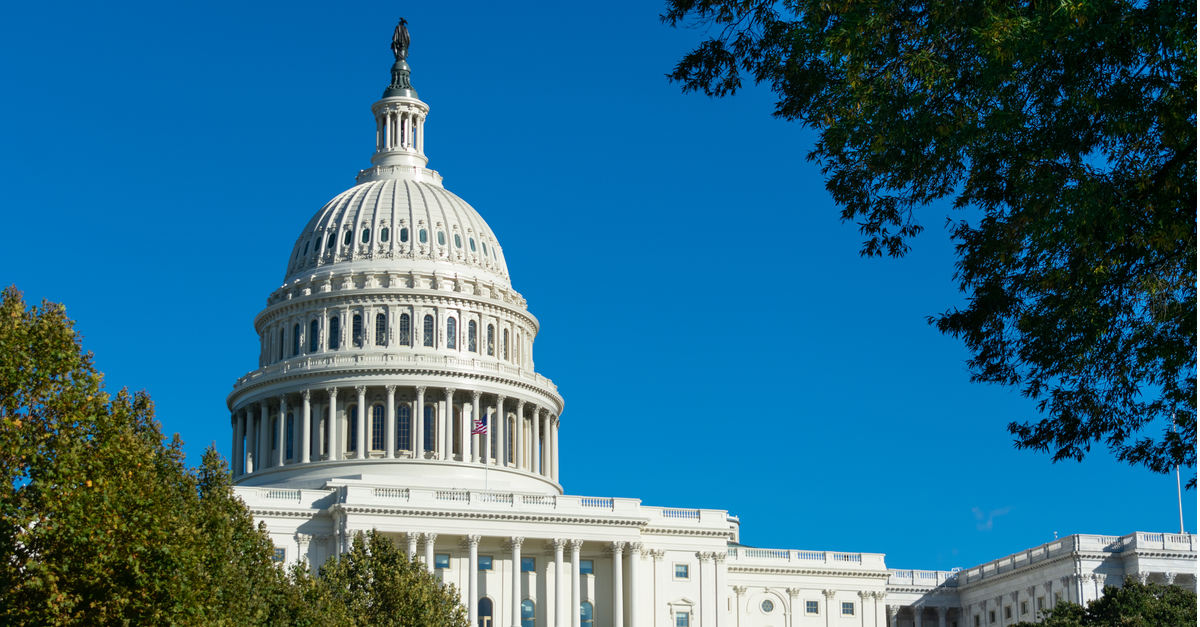With the Senate finalizing its bipartisan infrastructure deal and a $3.5 trillion budget resolution well on its way to a vote, it is nearly reconciliation season in Washington. The combined legislative package, which tracks closely to President Biden’s Build Back Better agenda, has received high marks from analysts for its ability to generate long-term economic growth by funding long overdue investments in hard and human infrastructure.
But before Congress can celebrate this legislative milestone, however, lawmakers will need to find ways to help pay for these important investments. Luckily, implementing comprehensive international tax reform in line with the President’s agenda could raise more than $1 trillion dollars across the next ten years, covering almost one third of the proposed $3.5 trillion that Senate Democrats are eyeing. These measures would include narrowing the gap between the foreign and domestic profits tax rates, ending unnecessary export incentives, and replacing the ineffective BEAT tax — meant to curb tax haven abuse — with President Biden’s more targeted SHIELD tax.
Not only are these good revenue raisers, they would also help rebalance our taxation so that tax-dodging corporations pay their fair share. The 2017 TCJA introduced massive tax breaks for corporations, despite U.S. corporate tax rates already being lower than that of our top ten trading partners, with the benefits going overwhelmingly to wealthy and foreign shareholders. Still worse, the COVID-19 pandemic has seen inequality soar as corporate profits rise while individual taxpayers scrape by. It has also laid bare the ramifications of the global race to the bottom as governments stretch already drained coffers to fund expensive but necessary public health responses and economic recoveries.
Just as these international tax updates instill tax fairness between corporate and individual taxpayers, they would also level the playing field for American workers and domestic businesses. The current Global Intangible Low-Taxed Income (GILTI) law taxes foreign profits at only 10.5 percent — half the domestic rate. Just as critics predicted before the 2017 tax law was enacted, this increases incentives for corporations to move real operations and jobs abroad to pay lower taxes rather than investing here in America’s workforce.
When it comes to attracting jobs for American workers, a higher GILTI makes for a more competitive America. Small and wholly domestic businesses also lose out to a weak GILTI law and unnecessary export incentives in the Foreign Derived Intangible Income Deduction (FDII). By hiring tax strategists, large multinational corporations exploit these laws to cut their tax liability through clever tax avoidance schemes that smaller, domestic businesses either can’t use or can’t afford.
Now is the perfect time to move ahead with these revenue raising and job creating reforms. Not only does reconciliation offer the perfect opportunity to move tax legislation through Congress ahead of the 2022 midterm elections, ongoing negotiations at the Organization for Economic Co-operation and Development (OECD) open a window for the U.S. to lead globally on international tax. When President Biden brought about an end to American unilateralism, it was a “game changer,” allowing stalled negotiations to proceed to a historic 130 country consensus in July around the need for a global minimum tax. By passing GILTI reform and updating the ineffective Base Erosion Anti-Abuse Tax, Congress would bring U.S. international tax law in line with the growing international consensus. This would give OECD discussions the momentum to cross the finish line and lock in U.S. reforms by tying it to an international framework. It would be a revenue raising win for countries such as the U.S., help end the global race to the bottom on corporate taxation, and provide businesses much needed tax certainty.
Critics argue that legislating international tax reforms before a final deal could leave the U.S. with higher, uncompetitive rates if negotiations fall through. Luckily, fixing U.S. tax law makes for good reform even without an OECD agreement. At a recent Tax Policy Center panel, experts reiterated that reforms like SHIELD, which would support a global minimum tax, can be enacted unilaterally and don’t depend on a truly global deal. A Reuters analysis also found that U.S. corporations would still pay less than their international competitors after the proposed reforms, regardless of OECD agreement. In short, passing international tax reforms through Congress is a win — no matter what.
For governments, taxpayers, workers, and domestic business, these policies just make sense and voters know it. In fact, fixing U.S. international tax law to tax foreign and domestic profits equally was the most popular corporate tax provision among voters, garnering 70 percent support in a recent non-partisan poll. Small business owners also see the value in equalizing foreign and domestic rates and putting an end to profit shifting, with 71 percent supporting the same provision according to Small Business Majority.
Whether to raise revenue for necessary investments, level the playing field for workers and domestic businesses, or compel OECD negotiations to the finish line, Congress has ample reasons to reform GILTI, repeal FDII, and replace BEAT. Lawmakers must take up this rare chance to deliver on international tax reform in the reconciliation package.

